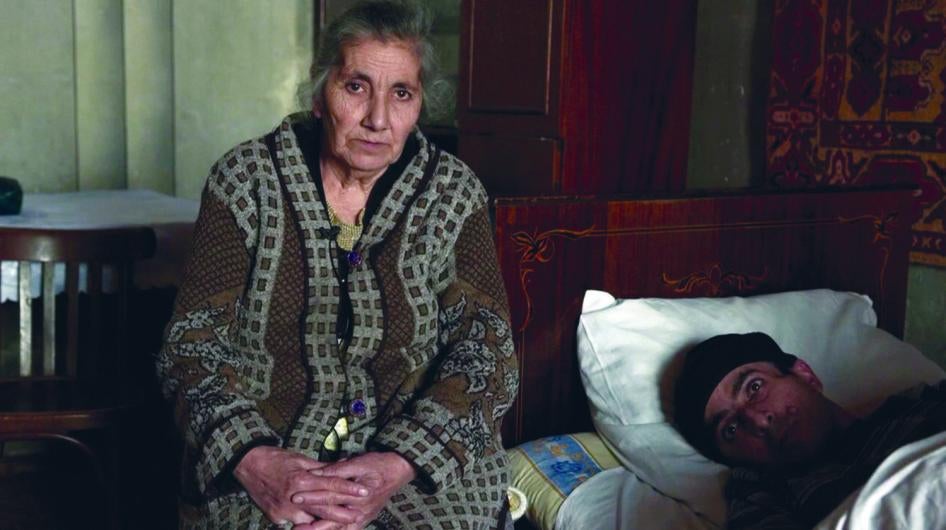Several years ago I started researching the nearly insurmountable barriers people with advanced cancer face in accessing opioid painkillers in Armenia. I interviewed many people who were dying — in horrible pain. These were devastating interviews, seared in my memory. I had to be careful not to disclose an interviewee’s diagnosis - oncologists in Armenia do not normally discuss the diagnosis and prognosis with their cancer patients because they lack training on how to guide patients after the initial difficult conversation.
In many cases, these patients didn’t know they were dying. But others did.
All the oncologists I interviewed said they routinely sent the police written reports containing detailed information about patients prescribed morphine for pain, including the name, address, ID/passport number, diagnosis, prescribed dosage and other personal information. So the people we interviewed did not know their diagnosis but their local police officer did. Fortunately, this practice may soon end as a new government agency just ruled it unlawful.
Tight police control is one of the many reasons why it is so difficult for people with cancer in Armenia to access opioid painkillers, and why they end up living their last days in avoidable pain. Another is Armenia’s overly restrictive laws and regulations governing the distribution of opioid painkillers for medical purposes. Human Rights Watch documented these barriers in a July 2015 report, which found that fewer than 3 percent of those who need morphine – an essential medication for treatment of cancer pain – get it in Armenia. We found that tight and often invasive police control over the prescription and dispensing process generated a sense of trepidation among oncologists.
Police and other law enforcement bodies have a legitimate interest in ensuring opioid painkillers do not reach black markets. But the routine reporting of private medical information violates the right to privacy and is a breach of doctor-patient confidentiality, an integral aspect of the right to health.
In February 2016, Human Rights Watch brought this violation to the attention of the newly established personal data protection agency under the Ministry of Justice of Armenia. In response to our letter, the office solicited written submissions from the police of Armenia and the Health Ministry and held an oral hearing in March, during which these agencies confirmed the practice documented in our report.
On April 18, the personal data protection agency issued its decision [GG1] concluding, among other things that the practice is not based on any legal provision and that it breaches patient confidentiality.
This decision is a first step towards eradicating this invasive practice and restoring patient confidentiality in Armenia. I hope this positive move will prompt authorities to finally overhaul the overly restrictive regulations on opioid prescriptions and take other steps to ensure that cancer patients can get the pain treatment they need—and to which they have the right.










